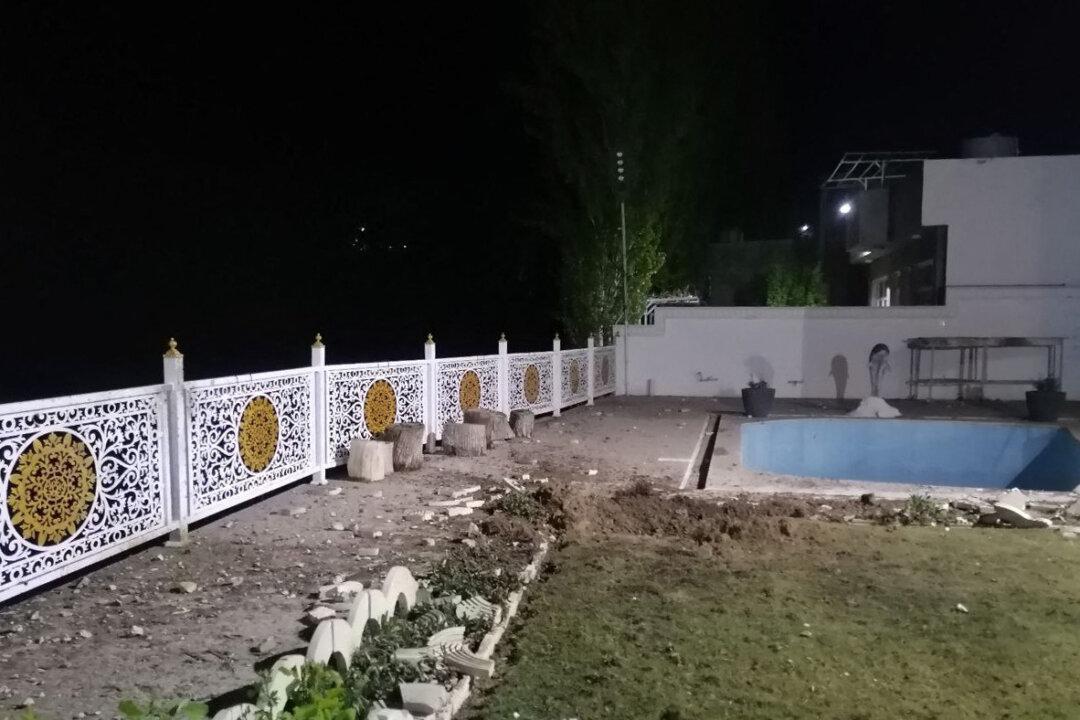ANKARA, Turkey—The U.N. Security Council met on July 26 to discuss an artillery attack that killed nine Arab tourists last week in Iraq’s autonomous Kurdish region.
While Baghdad blames next-door Turkey for the attack, Ankara denies the accusation, pointing the finger instead at the Kurdistan Workers Party (PKK), a militant group based in mountainous areas of the Kurdish region near the Iraq–Iran border.





